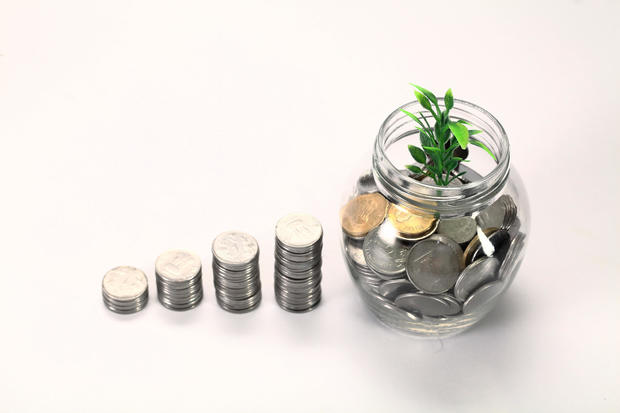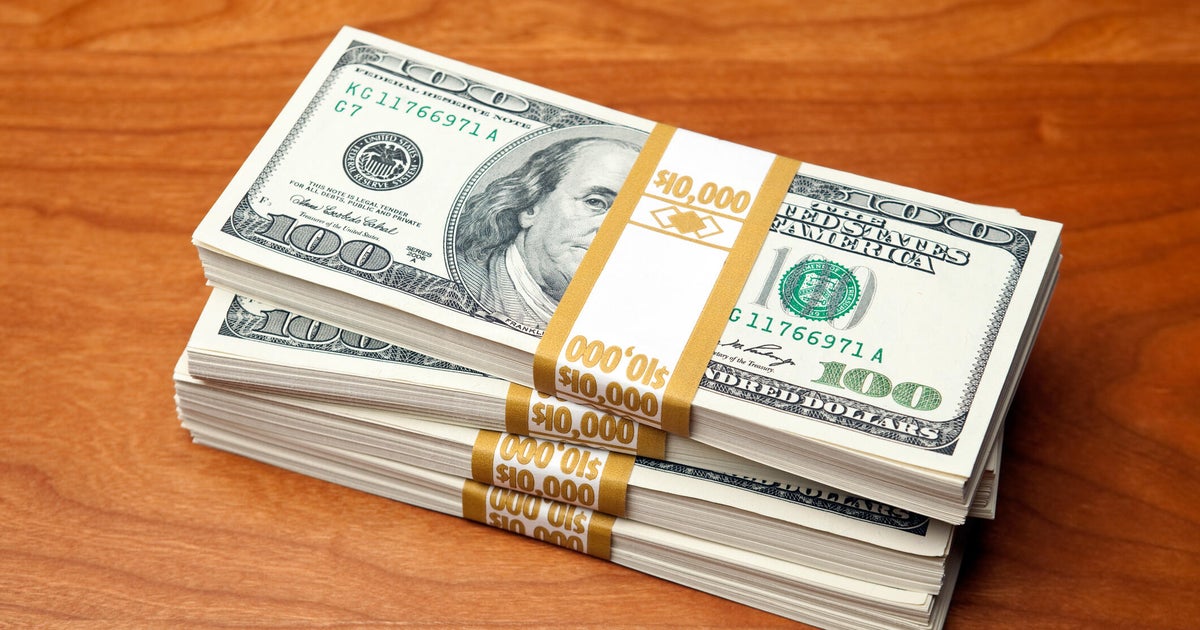How much interest will a $10,000 CD earn?
While the pace of inflation has slowed down, it's still higher than the Federal Reserve wants it to be. That's why the Fed has still been raising interest rates, including at its most recent July meeting. Amidst this inflation and the Fed's rate hikes, many Americans have experienced a drop in purchasing power.
On the positive side, however, higher rates for financial products, like certificates of deposit (CDs), give people an opportunity to grow their savings while taking on relatively little risk.
If you have $10,000 to put into interest-bearing accounts such as CDs, you can potentially earn hundreds of dollars per year and outpace inflation. Keep in mind, however, that CD interest, like other types of interest, generally gets taxed as ordinary income.
Start exploring your CD options here to see how much more interest you could be earning.
How much interest will a $10,000 CD earn?
To determine exactly how much interest you can earn from opening a $10,000 CD, you have to look at current CD interest rates, which can differ based on the provider and the term. Oftentimes, a long-term CD has a higher yield than a short-term CD. However, this shifting economic environment has led to a situation where many long-term CDs have lower interest rates than short-term ones.
On average, a 12-month CD pays the highest interest rate of any CD term as of July 17, 2023, with an average annual yield of 1.72%, according to the FDIC. A five-year CD pays an average of 1.37%. Based on these averages, a $10,000, 12-month CD would earn $172. A five-year CD would earn $137 after the first year, and after accounting for annual compounding, it would yield a total of $704 after those five years.
However, these figures are only part of the picture. If you shop around, you can find CDs with rates significantly higher than average. Many 12-month CDs pay around 5% annual percentage yield (APY), and many high-yield, 5-year CDs are in the 4% APY ballpark. At 5%, $10,000 would earn $500 in one year. At 4%, a 5-year, $10,000 CD would yield $2,167 over the course of those five years, based on annual compounding.
Explore CD rates and terms here now to see how much you could be earning.
Deciding what's right for you
Choosing between these different terms, or other durations, can depend on your financial goals. It's not always a matter of choosing the higher overall interest, as keeping your money locked up in a long-term CD could mean missing out on returns elsewhere.
"The best way to determine the duration of a CD is to match up maturity with a planned expense," says Ryan M. Vogel, CFP, chief planning officer and partner at Novi Wealth.
For example, if you know in five years that you're going to have tuition expenses for your children, you might want the relative certainty and principal protection that comes with putting $10,000 into a five-year CD.
In Vogel's view, however, CDs aren't for everyone.
"If your time horizon for investment is indefinite, then a diversified portfolio of stocks and bonds, consistent with your goals and tolerance for risk, is the best option," he says.
You also might decide between putting $10,000 into a CD or choosing other types of interest-bearing accounts, like high-yield savings accounts.
"It depends primarily upon when the $10,000 is or might be needed. For example, CDs and bonds are not good for emergency funds. so savings accounts should be used to build up those," says Holly P. Donaldson, CFP at Holly Donaldson Financial Planning, LLC.
If you do have extra money to save, though, then the fixed nature of a CD's interest rate, compared to the variable rates of savings or money market accounts, could be appealing. "Although 9- or 12-month CDs right now might pay the same or less than savings accounts, by the time the CD matures, that might not be the case," notes Donaldson.
Another consideration, if available, is whether to withdraw interest from your CD along the way, knowing that doing so will decrease your overall interest earnings, compared to keeping CD interest in the account to compound.
One way to determine whether to take CD interest or keep it reinvested in the CD account is to compare your CD rate to current interest rates. "If the interest rate on the current CD is much lower than the current prevailing rates, then take the interest and reinvest it at a higher rate. If rates are lower than your current CD, then reinvest and allow it to compound," says Vogel.
Lastly, if you have $10,000 to put into a CD, you can potentially earn a significant yield, but know that interest rates aren't the only factor that matters. Donaldson also points to convenience as an important area. Online brokerages, for example, can make it easy to find CDs from banks that align with your desired maturity date.
If you can find a CD that makes sense from both a convenience perspective and aligns with your financial goals, then you might decide to go ahead with a $10,000 CD investment. But even if you don't have that much money to save, you can still grow your money in a CD, as many have no minimums.
Get started with a new CD account here now!




